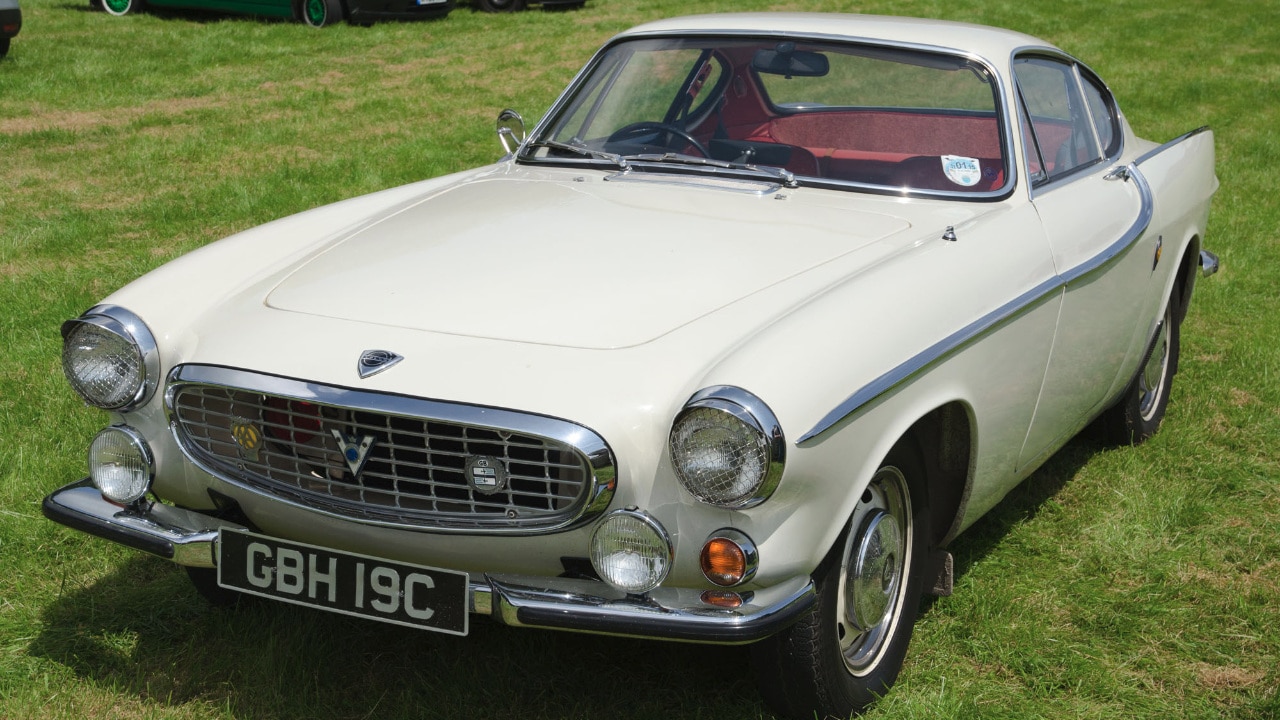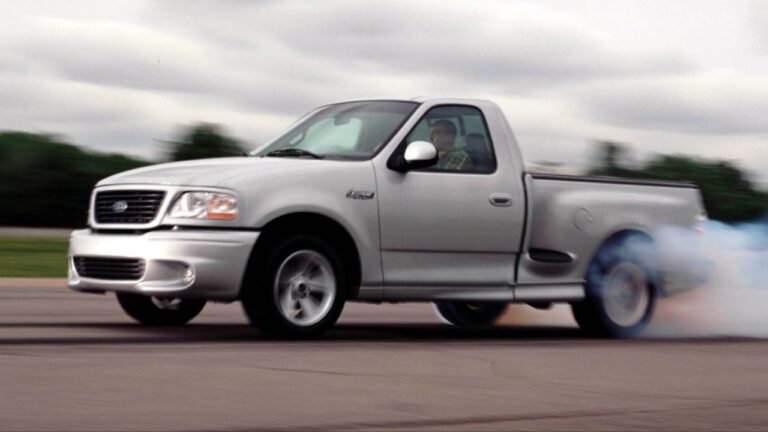13 Car Brands With the Most Reliable Engines

Reliability ratings by sites like Consumer Reports and J.D. Power only tell half the story, as a car can have a reliable engine yet still get ranked low due to other issues.
Today, we’ll ignore all those other problems and just look at some of the best brands regarding general engine reliability.
Obviously, at some point, every carmaker has built engines that suffered from severe issues, but we’ll look at overall reliability here.
Toyota

We may as well start with Toyota since everyone expects it to be on this list. Toyota and its luxury brand, Lexus, are constantly at the top of reliability rankings.
While there have been a handful of questionable Toyota engines over the years, such as the 1ZZ-FE 1.8-liter or 3VZ-E 3.0-liter V6, even these will last for decades when properly maintained. Toyota engines are used in everything from sports cars to commercial vehicles and are practically bulletproof when cared for.
Honda

Honda is another Japanese carmaker that’s known for its reliable engines. With plenty of motorsport experience to draw on, they’ve built several high-performance units that’ll last a lifetime with just regular maintenance.
Honda’s F20C, found under the hood of the legendary S2000 sports car, had the highest power output per liter for a naturally aspirated engine, and there were no issues with driving it daily. The K-Series is another engine that can produce tons of power while standing up to daily use and abuse.
Mercedes-Benz

Modern Mercedes-Benz vehicles are known to suffer from reliability issues, but that’s primarily due to all the tech and gadgets used in the brand’s luxury cars. Engine-wise, Mercedes is still one of the most reliable brands out there.
The Mercedes-Benz E-Class is the most common taxi in Europe because it’s so reliable — especially when fitted with a diesel engine. Even delivery drivers often choose the Three-Pointed Star’s commercial vehicles. Choosing a luxury brand as a work vehicle may seem weird, but they’re cheaper to maintain in the long run.
Porsche

Porsche’s did indeed have some engine issues a couple of decades ago. The Boxster and 996, even some early 997 models, suffered from the infamous IMS bearing issue. However, that problem was blown out of proportion and only applied to a small percentage of cars.
Porsche comes 2nd in J.D. Power’s luxury car reliability rankings, right behind Lexus. While it’s more expensive to maintain than, say, a Toyota, any Porsche model, even the SUVs, come with proper sports car pedigree.
Volvo

Volvo is another brand that’s suffered in reliability ratings in recent years. That said, the Swedish carmaker’s engines are generally solid. In fact, the world’s highest-mileage car is a Volvo P1800S that rolled 3,250,257 miles on its original engine and gearbox.
Volvo’s turbocharged 2.5-liter 5-cylinder unit, found in several of the brand’s performance models, as well as the Ford Focus ST and RS, is one of our favorite engines of all time. It’s not only durable, but also highly tunable, and some owners have extracted over 1,000-hp from this lump.
Ford

Ford’s vehicles have suffered from various issues over the years, and some modern models are known to have weak gearboxes. There are also well-documented issues with the 2.7-liter and 3.0-liter V6 turbocharged engines.
However, the brand’s engines are typically solid. Certain models and years are best avoided, but if you buy a newish Ford with engines other than the ones mentioned, there’s no need to expect any problems.
GM

GM’s LS V8 engine is one of the most popular units for engine swaps, and it’s easy to see why. It’s light, powerful, reliable, and can hold plenty of extra power if you want to tune it.
GM has built some duds over the years, but if you stick with their tried and tested units, you’ll have an engine that’ll keep running for a lifetime without causing severe headaches.
Volkswagen Group

Volkswagen’s reputation took a severe hit thanks to the Dieselgate emissions scandal. That said, the Wolfsburg-based carmaker’s diesel engines are usually very reliable, even if they don’t meet emission requirements.
The most common problems with modern diesel units are caused by the DPF or other parts designed to make them more environmentally friendly. VW’s older 1.9-liter TDI engines will practically run forever, and it’s easy to tease out more power from them.
Nissan

Many Nissan owners have complained about transmission issues, and the Altima is generally best avoided. Other than that, Nissans are great, and the engines found under the hood of their performance models are usually bulletproof.
Over the years, Nissan has built some of the most spectacular Japanese sports cars, and we wouldn’t hesitate to buy any of those. They’ve proven very reliable, even after extracting more power than the manufacturer imagined.
BMW

Some BMW engines are best avoided, such as the V10 in the E60 M5 and the turbocharged inline-6 in the E90 335i. Traditionally, the Bavarians build very reliable engines, although they tend to be more expensive to maintain than a Japanese car.
Older engines such as the M54 and N52 are known to last practically forever with proper maintenance. Of their newer units, the B58, found in the M140i, M240i, 340i, 440i, and even the Toyota A90 Supra, among others, is one of the sturdiest engines out there today.
Suzuki

Suzuki’s cars aren’t available on the American market, which is a shame because the brand’s cars are just as excellent as its bikes.
The Japanese carmaker has produced three generations of the Swift Sport supermini with exquisite engines that will withstand a severe beating yet run forever. Even the brand’s SUVs are among the most reliable on the market.
Mazda

While Mazda’s rotary engines aren’t among the most reliable units, the rest of the brand’s lineup is known to last for decades without causing serious headaches.
Mazda has always made innovative engines, and they put a lot of money into research and development, which has led to some of the most reliable cars currently available. The 2.0-liter Skyactiv-G engine is used in the Miata sports car and CX-5 SUV, and it’s proven exceptional in terms of both performance and longevity.
Ferrari

Any gearhead will tell you that Ferrari ownership isn’t cheap. Yearly maintenance costs are usually a couple of thousand dollars, and the major service needed every three to five years will cost $5,000-$10,000.
However, a well-kept Ferrari engine that’s serviced regularly will last for a long time, which is impressive, seeing as these are the epitome of high performance. Obviously, skipping services can lead to severe problems and engine failure, but if you have the cash to buy one, you should also take care of it.





